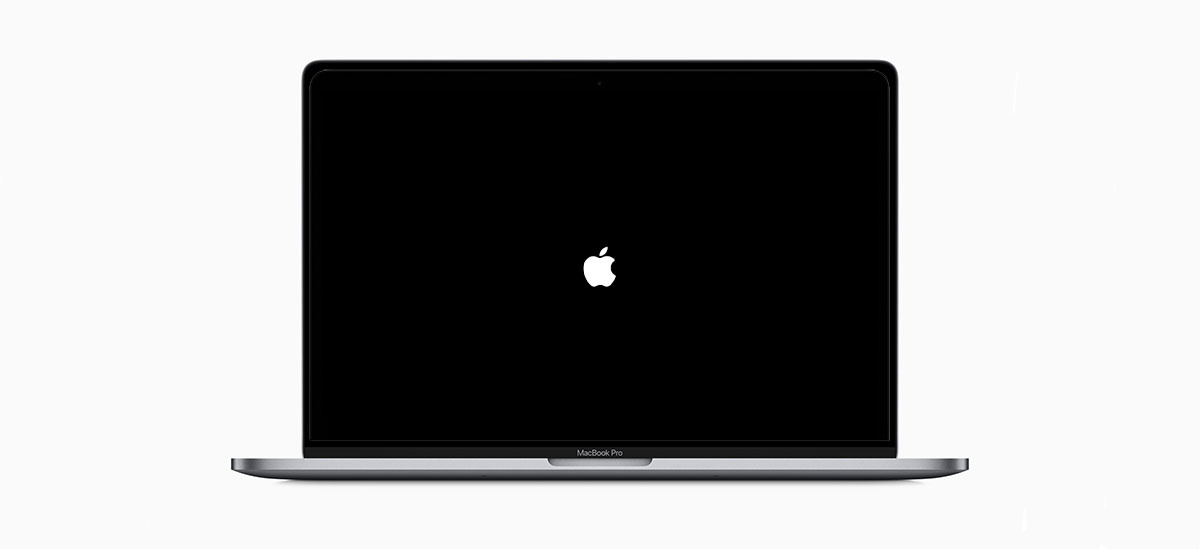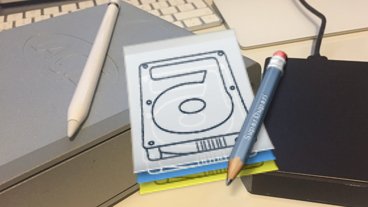Apple is officially bringing back the Mac startup chime with macOS Big Sur, four years after removing it in a previous version of the operating system.
The classic Mac sound was removed from Apple's lineup of computers with the introduction of the 2016 MacBook Pros with Touch Bar. Ever since then, macOS has been silent on startup.
That changes in the first macOS Big Sur beta. AppleInsider confirmed the chime's reintroduction on a 2018 Mac mini and a 2016 15-inch MacBook Pro.
Based on social media posts from developers running the first beta, it looks like the startup chime is widely available on other models, too. It appears that users can toggle the sound on and off, since there's now a new "Play sound on startup" option in System Preferences.
Apple first teased the chime's return during its WWDC 2020 keynote. While it didn't actually confirm the fact, Apple's macOS Big Sur features page does state that "system sounds are all-new and even more pleasing to the ear," and were created using snippets of the originals.
During Monday's WWDC keynote, Apple VP of Human Interface Design Alan Dye said that the new sounds are "familiar to the Mac, but remastered and more refined."
Although a software update in 2016 removed the startup chime, a later update to macOS Catalina actually added them under-the-hood — though it required a Terminal command to actually enable them.
 Mike Peterson
Mike Peterson








 Charles Martin
Charles Martin
 Christine McKee
Christine McKee
 Wesley Hilliard
Wesley Hilliard
 Malcolm Owen
Malcolm Owen
 Andrew Orr
Andrew Orr
 William Gallagher
William Gallagher
 Sponsored Content
Sponsored Content








26 Comments
Great. Let us know when professional focused third party apps start working 100% normally and then I'll get to hear it first hand, I guess.
Those "Apps" that are made by people in their free time (read open source software like KiCAD, freeCAD, GIMP or even basic stuff like the gnu-arm-none-eabi toolchain or basic embedded development tools) are going to have a really hard time continuing their existance on macOS. I believe IoT tool makers will have to switch to Linux finally (and no, virtualisation is absolutely not an option when you are working with different interfaces that you would have to forward because Apple likes to fuck everyone in this domain by stopping everyone from doing even simple things like modifying IDs in codeless kernel extensions needed for basic stuff like serial ports etc.). You know tools tend to be ancient in this domain, still maintaining compatibility with Windows 95 or even earlier system software. These kinds of Apps are developed by people with PhD where it becomes hard to justify supporting a platform where APIs change every time you take a look at them as if APIs behave like quantum particles.
In the end, many small projects focusing on developing very specialised pro tools with limited resources needed for scientific work will be left behind; I hope this situation will not happen as described above. But welp. iOS Apps on Mac and a system becoming entirely hostile towards modification in a way that is necessary for highly specialised applciations frequently found in research and development (read: where the root of all computer chippery and scientific work lies).
Can we please stop thinking in terms of everything as an "App" being limited in some way by artificial limitations imposed by financial interests? That iPad look on the Mac tells everything.
You may do research, but only as long as it benefits Apple on those Macs coming soon which is absolutely not what general purpose computing means.
macOS != iPad OS as stated last year is obviously becoming a statement which cannot be relied on any longer.
About time!